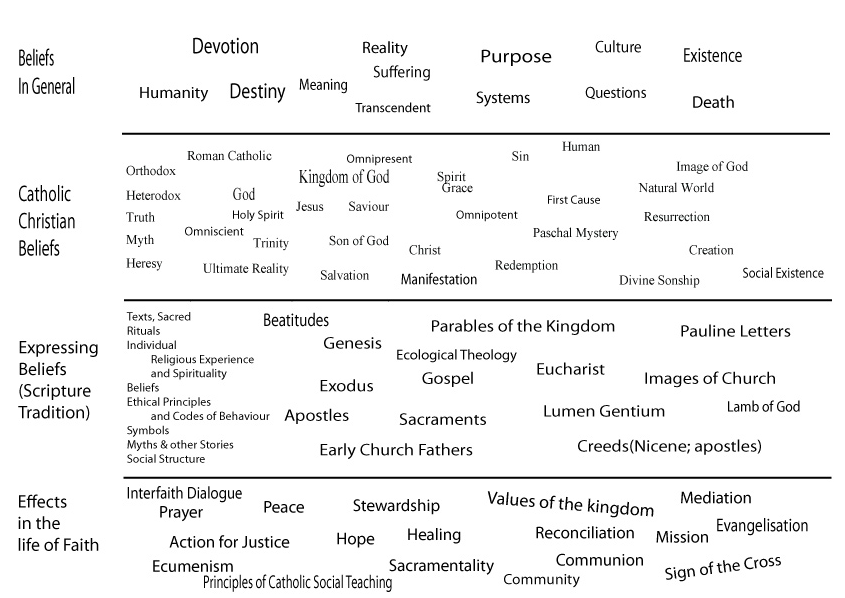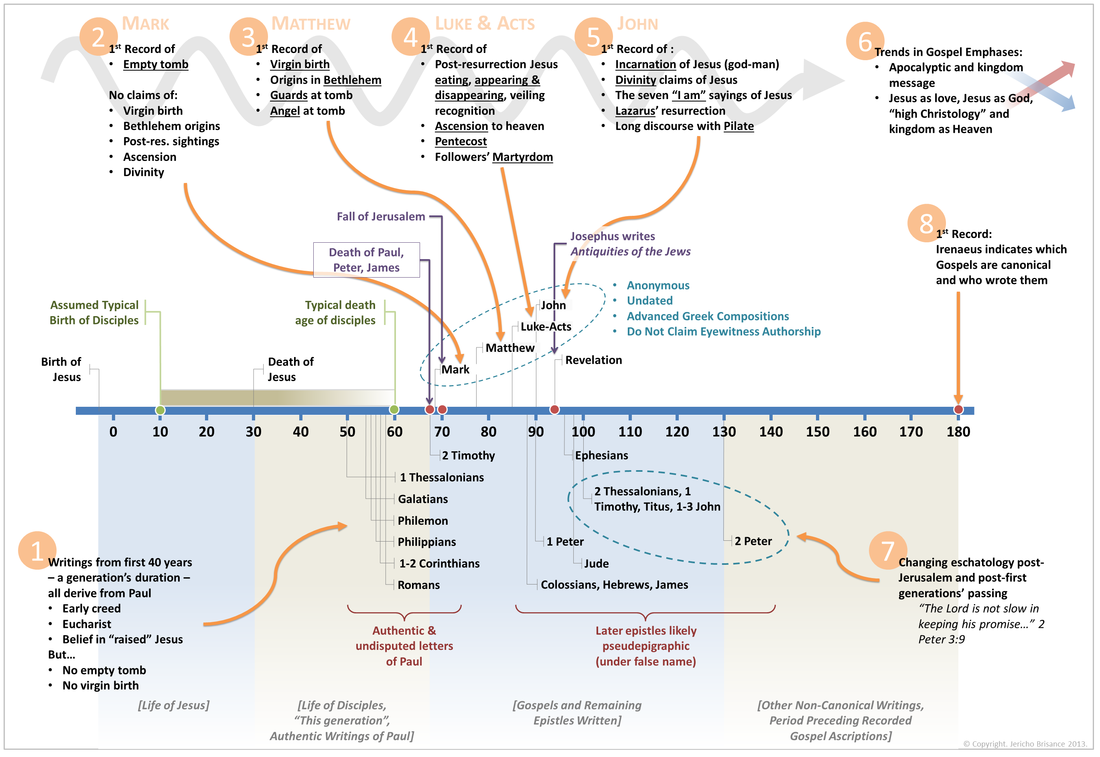AREAS OF STUDY 1
Meaning in religious traditions
In this area of study, students examine the nature and purpose of religious beliefs within religious traditions generally. They then explore specific religious beliefs in one or more than one religious tradition that are common to members of that tradition. This exploration includes consideration of how each belief is distinctive for that tradition; that is, traditions may share a common belief but this belief may have a distinctive meaning for each tradition. It is this distinctiveness that should be explored for the tradition/s under study. Students investigate the expression of these religious beliefs in the religious tradition/s through the relevant aspects of religion. Students also consider what these religious beliefs mean for the way in which members of the religious tradition/s are to lead their lives.
Outcome 1
On completion of this unit the student should be able to explain the nature, purpose and expression of
religious beliefs generally and for one or more than one religious tradition.
To achieve this outcome the student will draw on key knowledge and key skills outlined in Area of Study 1.
Key knowledge
This knowledge includes:
• the nature and purpose of religious beliefs in religious traditions generally
• a range of religious beliefs in one or more than one religious tradition common to members of that
tradition/s and focusing on:
– ultimate reality
– the nature and purpose of human life
– the meaning of life and death
– the relationship between ultimate reality and humanity
– the relationship between humans
– the relationship between human life and the rest of the natural world
• how each of these religious beliefs are related to
– ultimate reality
– the nature and purpose of human life
– the meaning of life and death
– the relationship between ultimate reality and humanity
– the relationship between humans
– the relationship between human life and the rest of the natural world
• how these religious beliefs are expressed through the relevant aspects of religion:
– myths and other stories
– sacred texts and other religious writings (such as formal creeds)
– rituals
– symbols
– social structures
– ethical principles and oral or written codes of behaviour
– religious experience and spirituality (characteristic ways of thinking and behaving in the light
of beliefs)
• what these religious beliefs mean for the way members of the religious tradition/s are to lead their
lives.
Key skills
These skills include the ability to:
• define and summarise the nature and purpose of religious beliefs in religious traditions generally
• explain a range of religious beliefs within one or more than one religious tradition/s
• explain how these religious beliefs are expressed in the religious tradition/s
• explain the implications of religious beliefs for the way members of the religious tradition/s are
to lead their lives
• interpret and synthesise source material.
Outcome 1
On completion of this unit the student should be able to explain the nature, purpose and expression of
religious beliefs generally and for one or more than one religious tradition.
To achieve this outcome the student will draw on key knowledge and key skills outlined in Area of Study 1.
Key knowledge
This knowledge includes:
• the nature and purpose of religious beliefs in religious traditions generally
• a range of religious beliefs in one or more than one religious tradition common to members of that
tradition/s and focusing on:
– ultimate reality
– the nature and purpose of human life
– the meaning of life and death
– the relationship between ultimate reality and humanity
– the relationship between humans
– the relationship between human life and the rest of the natural world
• how each of these religious beliefs are related to
– ultimate reality
– the nature and purpose of human life
– the meaning of life and death
– the relationship between ultimate reality and humanity
– the relationship between humans
– the relationship between human life and the rest of the natural world
• how these religious beliefs are expressed through the relevant aspects of religion:
– myths and other stories
– sacred texts and other religious writings (such as formal creeds)
– rituals
– symbols
– social structures
– ethical principles and oral or written codes of behaviour
– religious experience and spirituality (characteristic ways of thinking and behaving in the light
of beliefs)
• what these religious beliefs mean for the way members of the religious tradition/s are to lead their
lives.
Key skills
These skills include the ability to:
• define and summarise the nature and purpose of religious beliefs in religious traditions generally
• explain a range of religious beliefs within one or more than one religious tradition/s
• explain how these religious beliefs are expressed in the religious tradition/s
• explain the implications of religious beliefs for the way members of the religious tradition/s are
to lead their lives
• interpret and synthesise source material.
|
Bernard Lonergan's imperatives that in seeking truth we ought:
Be attentive in Experiencing that uses the senses to probe reality Be intelligent in Understanding that considers possibilities of one's experience; Be reasonable in Judgment that chooses between possibilities; not all are reasonable; Be responsible in Deciding that acts in accordance with the truth discerned |
Your browser does not support viewing this document. Click here to download the document.
|
Your browser does not support viewing this document. Click here to download the document.
| sacpreparationtable2015.docx | |
| File Size: | 56 kb |
| File Type: | docx |
| religion__the_nature_and_purpose.docx | |
| File Size: | 21 kb |
| File Type: | docx |
| theneworderofthemass.pdf | |
| File Size: | 126 kb |
| File Type: | |
Your browser does not support viewing this document. Click here to download the document.
The Story of the Gospel (The Good News)
The Synoptic Question (live link)

